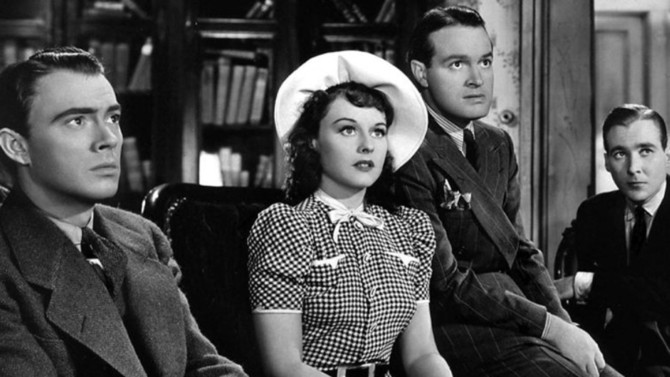
Hope For the Best
A horror premise as old as it is entertaining, Elliott Nugent’s 1939 film The Cat and the Canary finds an extended family coming together for the reading of their uncle’s will – ten years to the day of his death. A remake of the 1927 silent classic (the idea came from a 1922 stage play of the same name by John Willard), screenwriters Walter DeLeon and Lynn Starling fuse the narrative with a deft comedic touch, resembling the Abbott and Costello horror features that were soon to come – movies that were magically able to play the horror parts for horror and the comedy parts for comedy. Set in a gothic-style plantation home in the middle of the Bayou, the vines envelop the property, the alligator filled water and lush landscape swallowing the dilapidated mansion that likely once stood out, a grand example of man conquering nature. Somewhat resembling Poe’s House of Usher, the property is managed by a mysterious and menacing housekeeper, Miss Lu (Gale Sondergaard) – it is implied that she was the owner’s mistress, a woman who welcomes (and I use that word loosely), the estate’s lawyer, Mr. Crosby (George Zucco), as well as Cyrus Norman’s only remaining heirs: famed actor Wally Campbell (Bob Hope) – who keeps guessing what will happen before it does thanks to his profession, fetching Joyce Norman (Paulette Goddard), mother and daughter Aunt Susan (Elizabeth Patterson) and Cicily (Nydia Westman), as well as nephews Fred Blythe (John Beal) and Charles Wilder (Douglass Montgomery).
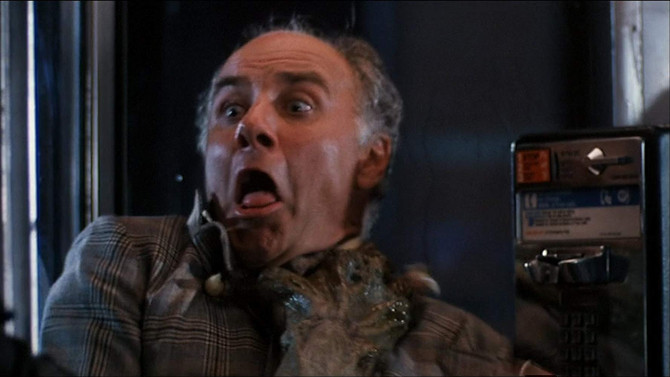
The Monster Gnash
Full disclosure here: the film that I am going to review today is by no means a great movie. . . it is one of those rare pictures that transcends its low budget faults, somehow equating to late-night, cheesy goodness. A cult classic out of 1984, Douglas Cheek’s C.H.U.D. is a sci-fi film parading as a horror film, or is it a horror film parading as a comedy? Opening with a spectacular wide angle shot of a grimy, New York street in the middle of the night, a lady walks her dog, the camera slowly moving in until we only see a sewer grate, the canine and her feet (her shadow covering most of the shot). Dropping something, she reaches to retrieve it. . . and, in an instant, a giant monster-ish hand pops out from the metal cover, pulling both of the nightwalkers into the underground abyss.
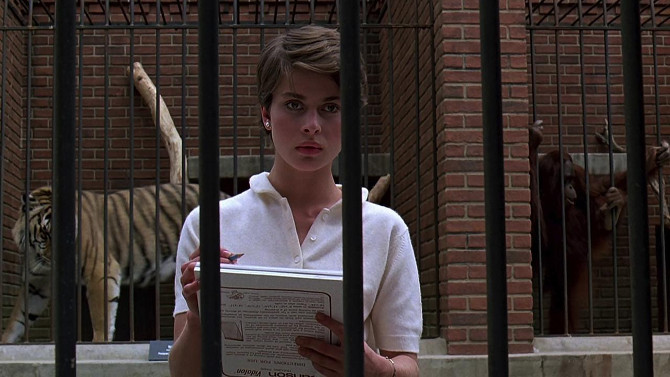
Hello Kitty
Ah, the mysteries of the Black Panther. . . not Wakanda, vibranium, or the ever growing Marvel franchise, but rather, the enigma that is those giant cats that have been rumoured to be part human. First explored in the 1942 classic B horror film Cat People, reviewed here on Filmizon last October, director Paul Schrader remade it in 1982 under the same title, finding his own unique spin on the tale. Starting a little earlier than normal this year, this will be the beginning of a number of horror reviews leading up to Halloween (if you are not a horror fan, fear not, there will still be several non horror related pictures reviewed).
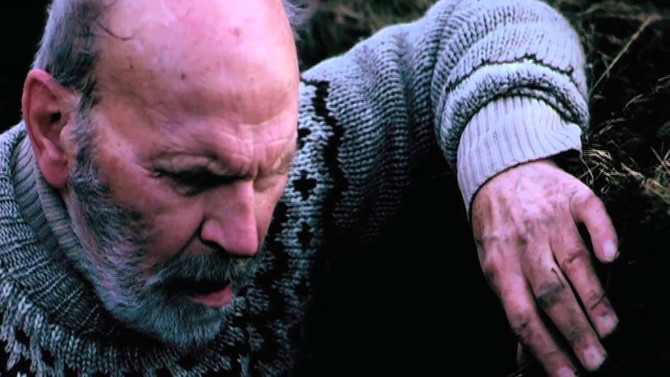
I Did It My Way
A meditative piece on aging, Rúnar Rúnarsson’s 2004 short film The Last Farm, out of Iceland, depicts a situation in which many of us will one day find ourselves in. . . old and decrepit, losing our freedom as we are forced out of our homes for a much more costly imitation of it. Hrafn (Jón Sigurbjörnsson) is an elderly man who has done it his way. Loving life on his little plot of farmland, it is stark yet beautiful, cold yet alive – a frigid ocean property surrounded by hilly mountains and dales, the meeting of land and sea picturesque in all of its challenges. . . unspoiled water and terrain for as far as the eye can see.
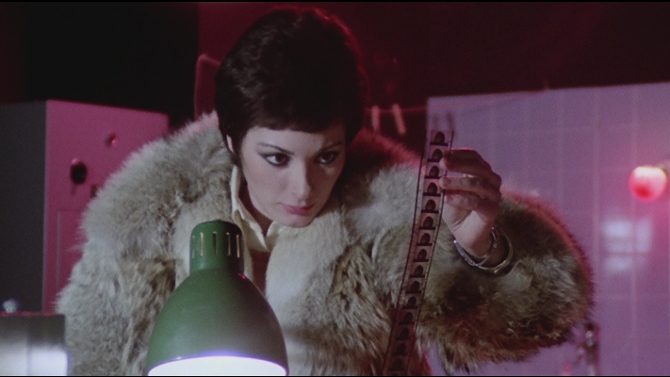
Strike a Pose
Pushing the boundaries of the Italian giallo, Andrea Bianchi’s aptly titled Strip Nude for Your Killer (1975), which features numerous examples of the seductive art of striptease, oodles of nudity, and a violently high body count, is an example of Eurotrash in its most disturbingly alluring state. . . not for the prudish or weak of heart, but fascinating to be sure. A glossy B movie set in the posh world of a Milanese modelling agency, one of the house’s top photographers, Carlo (Nino Castelnuovo), uses his advantageous position to pull stunning women into his bed (I use this term loosely – a steamy sauna works just as well for the cheeky fellow) with promises that they will grace the cover of the world’s most iconic fashion magazines.
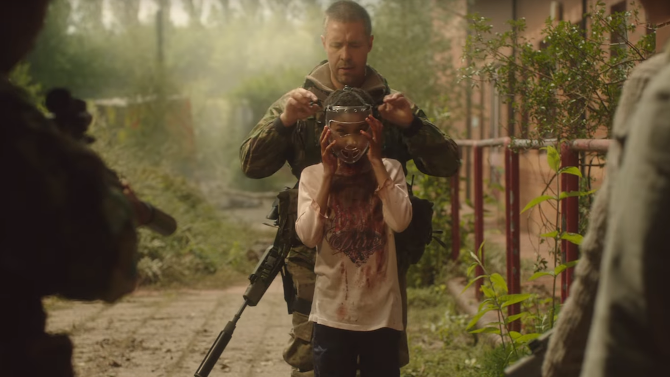
Fungal Infection
Children: those cute, innocent little scamps that bring a smile to our faces get a frightening makeover in Colm McCarthy’s The Girl with All the Gifts – a 2016 zombie horror flick out of Britain that finds some interesting new ground within the sub-genre. Finding a place somewhere between Day of the Dead and 28 Days Later, a small group of people have kept some normalcy at a military base (much of which is underground – similar to the former film mentioned above). . . mostly armed soldiers, the men fall under the control of Sgt. Eddie Parks (Paddy Considine), who only answers to Dr. Caroline Caldwell (Glenn Close) – a military scientist who has been tasked with researching the fungal outbreak that has caused a worldwide zombie-like plague (only the creatures are excessively fast, much like the latter feature referenced above).
